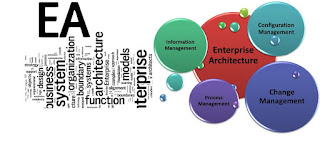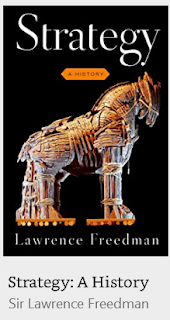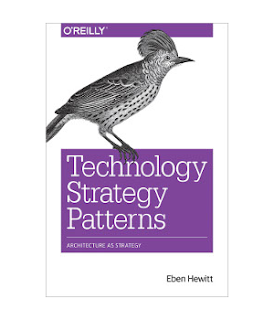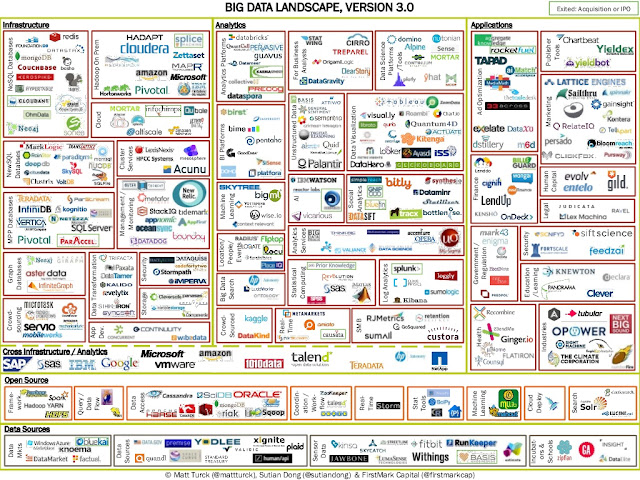Enterprise architecture and CoVid19

As part of my CoVid19 challenge (yes, I thought that staying home and fighting the virus deserved some extra challenges, like passing Architecture and Solutions certifications or reading Proust , for example), I passed one month ago the Togaf 9.2 certification (a combined exam allows you to pass level 1 and level 2 in one shot). What's great when achieving those challenges is that it gives you the feeling that you're not losing your time, that even confined at home, you can still learn and grow (intellectually I mean. I'm far too old to gain inches). And once the certification process finalized, you get access to specific resources (projects postings on the Open Group site - available for certified people only) or a log in to the Association of the Enterprise Architects (AEA) portal . This association is working like the ISACA or the PMI groups, divided in local chapters (per country or per town), trying to disseminate local knowledge and stimulating the communities.















